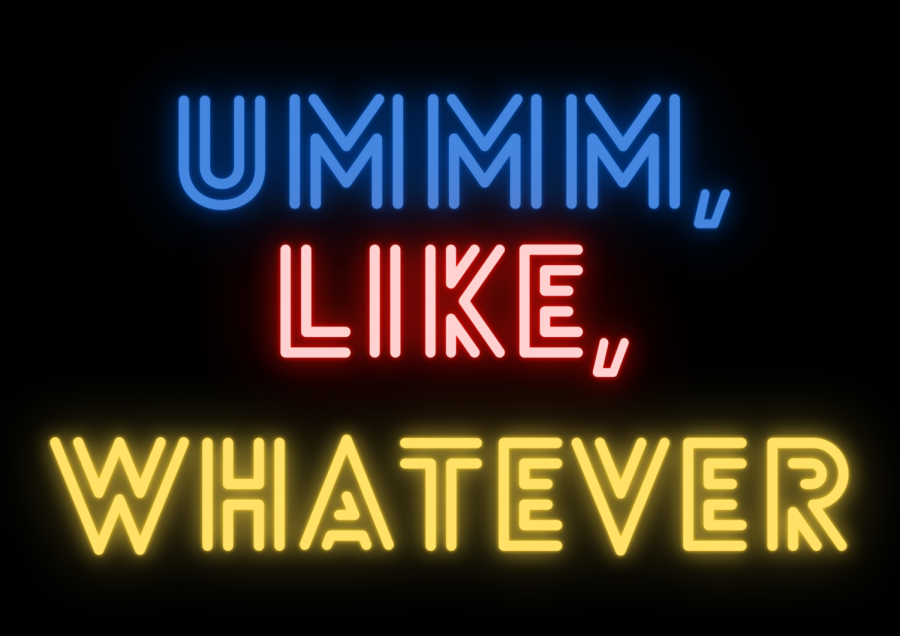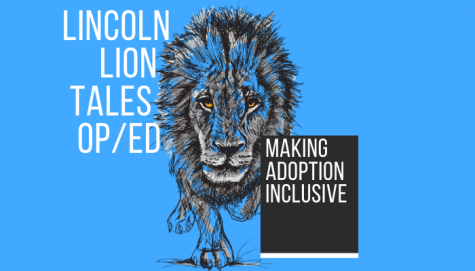Ummm, like, whatever
Don’t punish people for the way they speak
Um, I like want to stop being interrupted.
As a teenage girl I’ve come to learn that if I pause in like, the middle of my sentence I will get interrupted, mostly by grown men.
According to a 2014 study from George Washington University, men are 33% more likely to interrupt women than they are other men. Research published in the Journal of Language and Social Psychology, conducted by Dr. Charlyn M. Laserna and her colleagues conclude that discourse markers, words like “like”, “you know” and “I mean”, are most common among women and young people.
I have found many people criticizing the way I speak, the mechanism I have built up in order to be heard. You probably wouldn’t interrupt someone you respect, so why is it you talk over me? Is it possible, a teenage girl is not respected? No it couldn’t be it.
I offer no apology to the society that finds my “likes” and “ums” annoying and disrespectful. I will not feel sorry for using my voice as if my opinion or even my existence is a burden.
In her spoken word poem, “Like Totally Whatever” Melissa Lozado-Olivia says,
And it’s like maybe I’m always speaking in questions because I’m so used to being cutoff.
Like maybe, this is a defense mechanism: Maybe everything girls do is evolution of defense mechanism.
I have been told I will not be taken seriously if I keep speaking the way I do but like why not? Is it because this way of speaking, my “like” and “i mean” in the middle of every sentence is associated with teenage girls? If men spoke this way would it become respectable?
This double standard can be found in almost every aspect of our society, even in schools. If a girl takes a leadership role she is “bossy” and “annoying” but if a boy does they are “assertive” and “smart.”
Discourse markers are used by men and women alike in order to give us time to think and process what we are saying. Despite this women use these words discourse markers at a higher rate and are more likely to be interrupted.
This first step in fixing the issue is to acknowledge it. Yes, many people use these words but due to the research it is reasonable to draw the conclusion that there is a correlation between the use of discourse markers and how much an individual is interrupted. From personal experience I know that this is true, when I am continually interrupted in conversation, which happens quite often, I become cautious of my own pauses and breaths making sure I don’t leave space for it to happen again.
As a teenage girl I know this frustration first hand, I can not reasonably be expected to respect someone who treats me like an afterthought. Teenagers are taught to submit to their elders even when they are rude or cruel. Girls are told to hold their tongue and wait their turn in order to be “nice” but that turn hardly ever comes.
As a possible solution boys should be taught to listen to others just as girls are, maybe then we would have men and women who are respectful and considerate of one another.

My name is Laiyla Santillan and I am a senior at Lincoln High School. This will be my third year of writing for Lincoln Lion tales and I am excited to...











